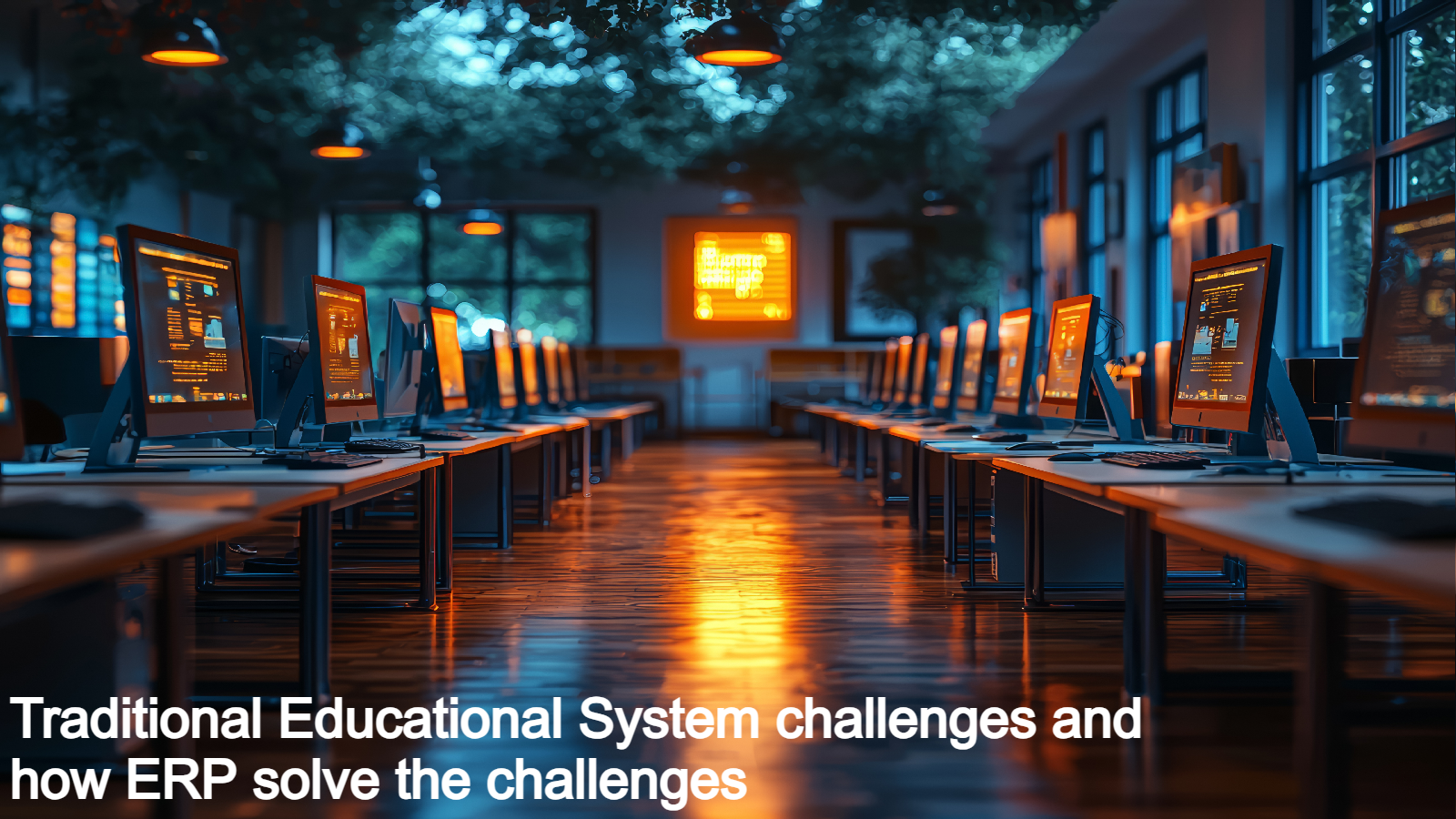Introduction
In recent years, Malaysia’s automobile industry has seen significant transformations, with the integration of modern technologies to streamline operations and enhance efficiency. One of the key aspects contributing to this evolution is the adoption of Enterprise Resource Planning (ERP) systems.
In this blog post, we will look at Malaysia’s Auto ERP landscape, exploring its current state, key players, benefits, challenges, and prospects.
Current State of Malaysia’s Automobile ERP
Malaysia’s automobile industry is experiencing a surge in ERP adoption. ERP systems have become the backbone of automotive companies, seamlessly integrating various functions such as supply chain management, production planning, inventory control, and customer relationship management. According to industry reports, a significant percentage of automotive enterprises in Malaysia have implemented ERP solutions to stay competitive in the rapidly evolving market.
Key Player in Malaysia’s Automobile ERP Arena
Several ERP solution providers have emerged as leaders in catering to the specific needs of Malaysia’s automobile sector. Elvis Automobile ERP is one of the top players, offering robust ERP solutions tailored to streamline the complex workflows of automotive manufacturers. Auto ERP is designed to enhance operational efficiency, reduce costs, and provide real-time insights for better decision-making.
Benefits of Implementing ERP in the Automobile Industry
The adoption of ERP systems in Malaysia’s automobile sector has a variety of advantages, contributing to the industry’s overall growth and stability. Some key benefits include:
Streamlined Operations: ERP systems enable seamless integration of various business processes, from procurement to production, creating an efficient workflow.
Improved Supply Chain Management: With real-time visibility into the supply chain, automotive companies can optimize inventory levels, reduce lead times, and enhance collaboration with suppliers.
Enhanced Productivity: Automation of repetitive tasks and data-driven decision-making empower employees to focus on strategic initiatives, boosting overall productivity.
Better Customer Relationship Management: ERP systems facilitate effective customer relationship management (CRM), enabling automotive companies to provide personalized services, quick response times, and enhanced customer satisfaction.
Challenges in ERP Implementation
While the benefits of ERP adoption are considerable, challenges in implementation cannot be ignored. Common hurdles include resistance to change, integration complexities, and the initial cost of implementation. However, with proper planning, training, and change management strategies, these challenges can be prevented.
Future Prospects
Looking ahead, Malaysia’s automobile ERP landscape is set for further growth and innovation. The industry is expected to witness advancements in areas such as Artificial Intelligence (AI), the Internet of Things (IoT), and predictive analytics within ERP systems. These developments will not only address current challenges but also open new roads for efficiency, sustainability, and competitiveness.
Conclusion
Malaysia’s automobile ERP landscape offers a 360-degree view of a dynamic and evolving industry. The integration of ERP systems has become a cornerstone for automotive companies striving to stay ahead in a highly competitive market. As technology continues to advance, the synergy between ERP solutions and the automotive sector will undoubtedly shape the future of Malaysia’s automobile industry, enabling innovation, efficiency, and sustained growth.
Frequently Asked Questions (FAQs) on Auto ERP
What is an ERP system, and how does it apply to the automobile industry in Malaysia?
An ERP (Enterprise Resource Planning) system is a software solution that integrates and manages various business processes within an organization. In the context of the automobile industry in Malaysia, ERP systems play a crucial role in streamlining operations, optimizing supply chain management, and enhancing overall efficiency.
What are the primary benefits of implementing ERP systems in the automobile industry?
The adoption of ERP systems in Malaysia’s automobile sector brings various benefits, including streamlined operations, improved supply chain management, enhanced productivity, and better customer relationship management. These systems provide real-time insights, automation of tasks, and improved decision-making capabilities.
Are there any challenges associated with ERP implementation in the automobile industry?
Yes, challenges in ERP implementation include resistance to change, integration complexities, and the initial cost of implementation. However, with proper planning, training, and change management strategies, these challenges can be effectively addressed to ensure a smooth transition.
How do ERP systems contribute to better supply chain management in the automobile sector?
ERP systems offer real-time visibility into the supply chain, enabling automotive companies to optimize inventory levels, reduce lead times, and enhance collaboration with suppliers. This contributes to a more efficient and responsive supply chain, ultimately benefiting the overall performance of the industry.
What role does ERP play in customer relationship management (CRM) for automotive companies?
ERP systems play a significant role in CRM by providing tools for effective customer data management, personalized services, and quick response times. This contributes to enhanced customer satisfaction and loyalty, crucial factors in the competitive landscape of the automobile industry.
What can we expect in the future of Malaysia’s automobile ERP landscape?
The future of Malaysia’s auto ERP landscape holds promises of further growth and innovation. Advancements in technologies such as Artificial Intelligence (AI), Internet of Things (IoT), and predictive analytics within ERP systems are expected. These developments will address current challenges and open new opportunities for efficiency and sustainability.
How can automotive companies overcome resistance to ERP system adoption among employees?
Overcoming resistance to ERP adoption involves effective communication, comprehensive training programs, and showcasing the benefits of the system. Involving employees in the decision-making process and addressing concerns transparently can also contribute to a smoother transition.
Are there specific regulations or standards that govern ERP implementation in the Malaysian automobile industry?
While there may not be industry-specific regulations, ERP implementation in Malaysia’s automobile sector should comply with general data protection and cybersecurity standards. Companies should also consider industry best practices to ensure the security and integrity of their ERP systems.
How can smaller automotive companies benefit from ERP adoption in Malaysia?
Smaller automotive companies can benefit from ERP adoption by gaining access to tools that were traditionally available only to larger enterprises. ERP systems enable smaller companies to streamline operations, improve efficiency, and compete on a more level playing field in the dynamic automobile industry of Malaysia.








